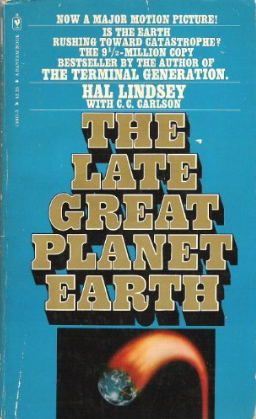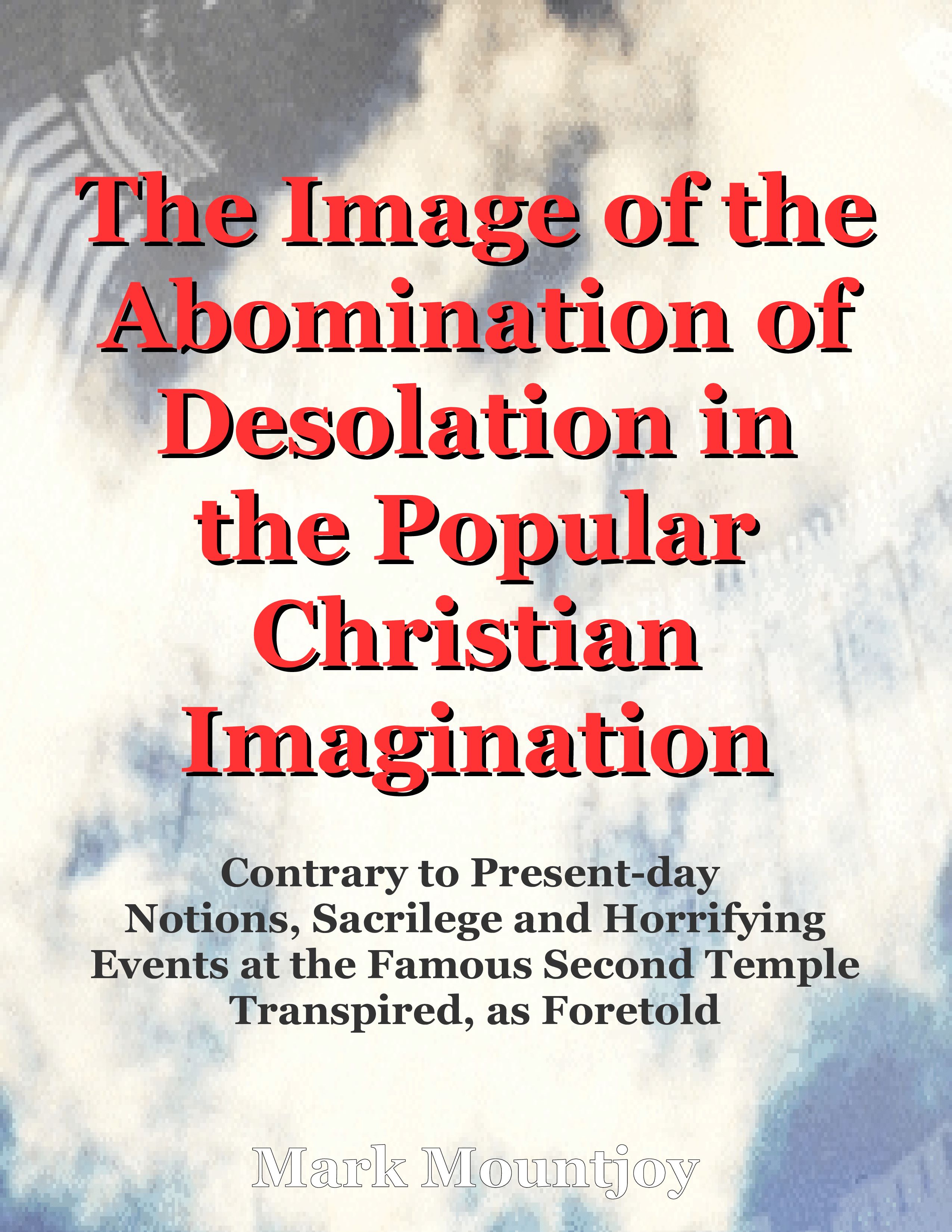
Ladies and gentlemen, welcome. Today, we delve into a topic of great significance, one that has captured the imagination of millions and shaped the beliefs of many: prophecy, particularly as it pertains to the teachings of Hal Lindsey in his influential work, "The Late Great Planet Earth." Released amidst the tumultuous backdrop of 1970, Lindsey's book soared to unparalleled heights, selling over 35 million copies worldwide, and cementing its place as one of the most impactful literary works of the 20th century. Against the backdrop of Cold War anxieties and a surge in apocalyptic fervor, Lindsey's assertions painted a vivid picture of imminent end times events, ranging from aggression of Communism toward the State of Israel from the north to attacks against it from China, all culminating in the long-awaited Rapture of believers by 1981. Yet, as time unfolded, these prophetic declarations failed to materialize. The anticipated events did not come to pass, leaving many to grapple with the dissonance between prophecy and reality. In the following discourse, we shall dissect the shortcomings of Lindsey's predictions, examining specific failures and the subsequent attempts at revisionism. We will confront the tendency to cling to authority figures even in the face of glaring inaccuracies, and we will challenge the sensationalist tendencies that underlie much of contemporary prophecy speculation. However, let us tread carefully. While our critique is necessary, it is equally important to recognize the positive intentions behind such teachings. Lindsey and others like him have undoubtedly sparked curiosity and fostered a deeper engagement with scripture among countless individuals. Yet, we must also acknowledge the dangers of an unbalanced diet of prophetic speculation, one that prioritizes excitement over discernment and sensation over substance. As we navigate through these complexities, my aim is not to disparage, but to illuminate. I seek to highlight the unhealthy dynamics that can arise within the realm of prophecy while simultaneously urging a recalibration towards a more balanced and grounded approach to scriptural interpretation. In conclusion, let us strive for equilibrium - a harmonious blend of wonder and wisdom, of curiosity and critical thinking. Let us embrace the challenge of self-correction rather than self-justification, and let us anchor our beliefs not in sensationalism, but in the steadfast pursuit of truth. With this mindset, may we embark on a journey of introspection and renewal, ensuring that our faith remains rooted in the timeless wisdom of scripture rather than fleeting predictions of the future. Thank you.
Y2K and a Century That Ended With
Hopes That Never Materialized
Initially released in 1970, Hal Lindsey's book "The Late Great Planet Earth" sold over 35 million copies internationally, becoming one of the biggest selling books of the 20th century. Riding the tides of Cold War nuclear fears and apocalyptic fads, Lindsey argued the Bible prophesied end times events spreading communism, nuclear wars, the rise of China, a Russian-Arab alliance against Israel, and the Rapture of believers by 1981 leading towards Armageddon. Clearly none of these came about as predicted.
Specific failures abound. The USSR did not attack Israel per Ezekiel 38, but dissolved in 1991 with nascent religious revivals emerging. China largely liberalized and focused within, contrary to supposed aggressive communism bent on invading the Middle East. Arab-Israel talks progressed despite tensions. Most embarrassing was the insistence that a 1948-1988 generation indicated the Rapture's 1981 arrival and Christ's millenial reign by 1988. This formulaic date-setting proved utterly groundless speculation.
Rather than acknowledging erroneous assumptions after
Best-selling prophecy speculators like Hal Lindsey often oversimplify complex biblical passages into tempting but tenuous predictions offering insider knowledge of the future. By stirring curiosity and imagination without comprehensively building skills and discipline for careful scriptural analysis, many Christians unconsciously develop an appetite for flashy extrapolations while dismissing critical thinking as skeptical negativity. This imbalanced diet of prophetic junk food, as titillating as it first tastes, tends to dissociate from equally consuming the challenging work of balanced exegetical study needed for nutritious doctrine and lasting maturity. While provocatively mapping current headlines onto vague Bible verses hardly equips believers for nuanced discernment, it risks fostering habits of self-assured confirmation bias, a naive flexibility with textual proof, an underdeveloped ability to self-question cherished assumptions, and an ambiguous view of forecasting accuracy being optional to genuine faith. Without even realizing these distorted perspectives are coalescing, Christians find testing favorite teachers or beliefs increasingly less palatable. This overexposure to sensational propheteering, however sincere and intriguing the personalities involved may be, subtly trains towards craving constant thrills from apparent insider information while developing an unwillingness to exercise due diligence by staring down one’s own fallibility. Health requires intentionally pursuing equilibrium between wonder and wisdom, embracing that objectivity which may dismantle assumptions as readily as confirm them. With so many voicing warnings of impending doom, the church desperately needs renewal of careful, prayerful scriptural analysis - self-correcting rather than self-justifying - to ground such monumental declarations with due sobriety.
My goal is to diplomatically flag some unhealthy dynamics that can unconsciously emerge while still acknowledging positive intentions, and concluding with a call for balance rather than wholly discrediting this domain of teaching.
Related
Christians Talking Past Each Other: An
Eisegesis Versus Exegesis of 2 Timothy 2:16-18
[Click on the image]
Comments on 2 Peter 3 and an Open
Appeal to Christians Around the World

